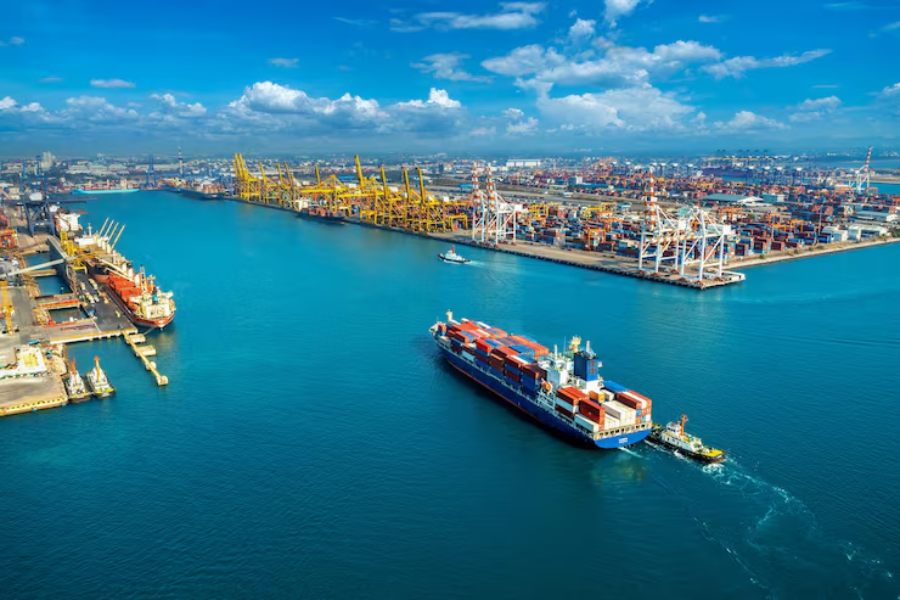What to Consider Before Expanding Business Logistics on the West Coast

Expanding your business logistics is an exciting milestone. It means growth, opportunity, and the potential to reach new markets. But it’s not as simple as adding trucks to your fleet or leasing warehouse space.
Every region comes with its own set of challenges, from regulations and infrastructure to workforce availability and environmental rules.
The West Coast is no exception—it’s a vibrant yet complex hub for trade and transportation.
Planning ahead helps avoid pitfalls while positioning your business for long-term success.
Ready for insight? Let’s explore what you need to know!
Analyzing Costs Unique to West Coast Operations
Operating on the West Coast introduces a mix of logistical costs that businesses must carefully plan for.
One key factor is higher fuel prices compared to other U.S. regions, which directly impacts transportation expenses.
Also, the cost of living in states like California and Washington often translates into increased wages for logistics staff, including drivers and warehouse workers.
And businesses typically face elevated storage fees due to limited real estate availability in densely populated areas.
Toll roads are another expense, particularly around major cities like San Francisco or Seattle.
Without careful budget allocation, these cumulative costs can eat into your profit margins.
A thorough financial analysis ensures you aren’t caught off guard by the unique pricing landscape here!
Reviewing Regional Infrastructure and Logistics Hubs
The West Coast boasts a network of critical logistics hubs, but understanding how they fit your business is essential.
Ports like Los Angeles, Long Beach, and Seattle handle enormous cargo volumes. They connect businesses to global markets efficiently.
Major highways such as I-5 or US-101 are key for moving goods regionally. However, heavy traffic in urban areas can disrupt timelines if not planned properly.
Rail systems offer another option for long-distance freight. Yet their availability varies by location and may require additional coordination.
Assess whether these infrastructures align with your needs before committing to expansion plans. A well-matched strategy helps minimize delays while optimizing access to vital supply chain connections.
Understanding Permit Requirements for Oversized and Overweight Loads
When moving oversized or overweight loads across California’s public roads (as you may well need to do when expanding your business to the West Coast), you must secure proper permits from the State Department of Transportation.
It’s a necessary step to ensure compliance with state laws and safety guidelines.
The challenge doesn’t stop there. Urban hubs like Los Angeles, Sacramento, and San Francisco often have additional permit requirements. Local authorities may mandate separate documentation depending on specific routes or restrictions.
Working with a certified company experienced in securing California shipping permits can simplify the process. They’ll help you avoid legal issues while navigating complex regulations.
Neglecting these permits can lead to delays, fines, or even confiscation of your goods—a costly mistake no business wants to make!
Evaluating Local Workforce Availability and Training Needs
The West Coast labor market presents opportunities and challenges for businesses expanding their logistics operations.
Metropolitan areas like Seattle, Portland, and Los Angeles offer a diverse talent pool. However, competition from other industries can make hiring skilled workers more difficult.
And wage expectations tend to be higher in this region due to the elevated cost of living. Businesses must balance offering competitive pay with maintaining budget efficiency.
Training is another critical factor. Advanced technology is shaping modern logistics—automated systems, software platforms, or electric fleet management all require properly trained staff.
Consider partnerships with local trade schools or workforce development programs. These relationships can provide access to well-prepared employees who align with your operational goals.
Anticipating Environmental Regulations in Western States
Environmental regulations on the West Coast are some of the strictest in the nation. California’s ambitious emissions policies, including its phased transition to zero-emission vehicles, may significantly impact logistics operations. Similar rules apply in Oregon and Washington.
These states often enforce stringent fuel standards and vehicle idling limits. Businesses operating older fleets may face non-compliance penalties or increased operational costs.
Packaging materials can also fall under scrutiny. Sustainable practices like recyclable or biodegradable packaging are increasingly mandated by state laws.
Proactively aligning with these environmental guidelines ensures smooth operations without legal interruptions.
Plus, adopting green initiatives can appeal to eco-conscious customers while future-proofing your business for evolving compliance needs!
